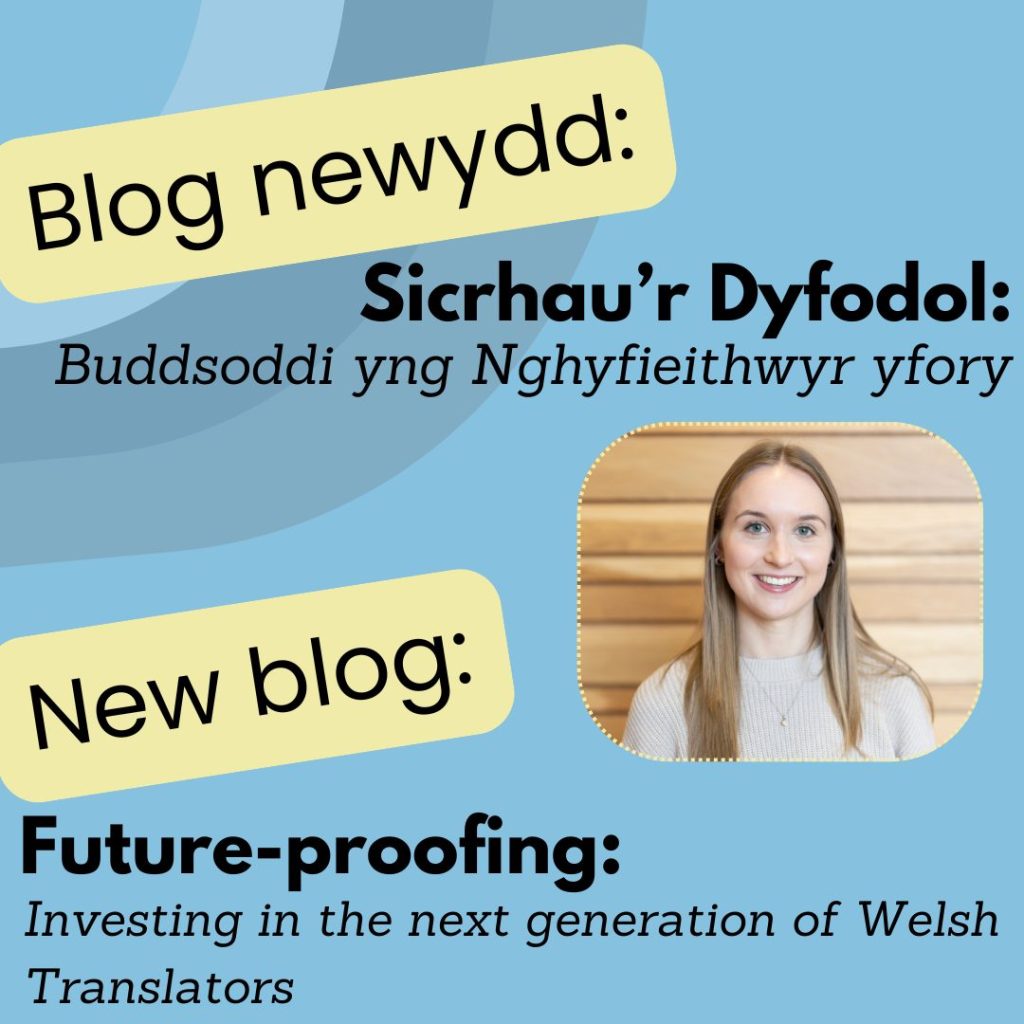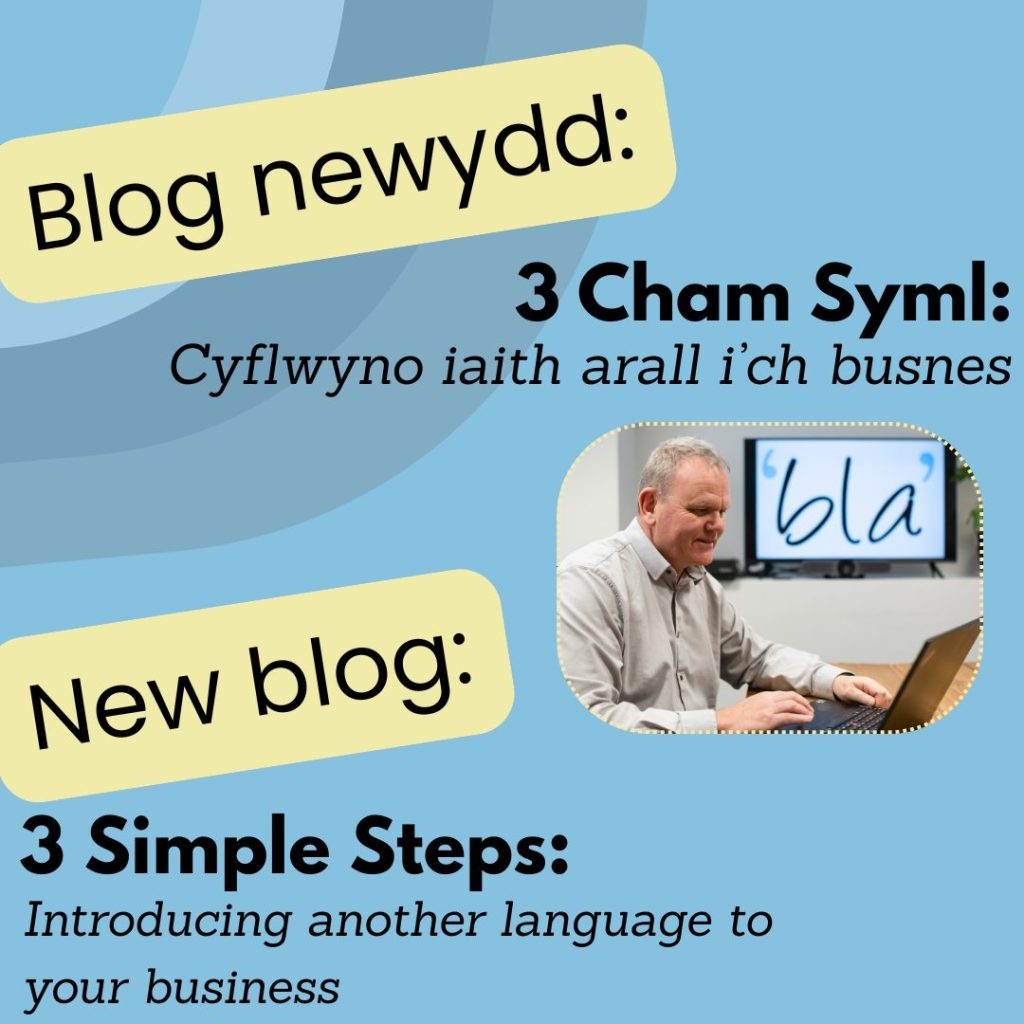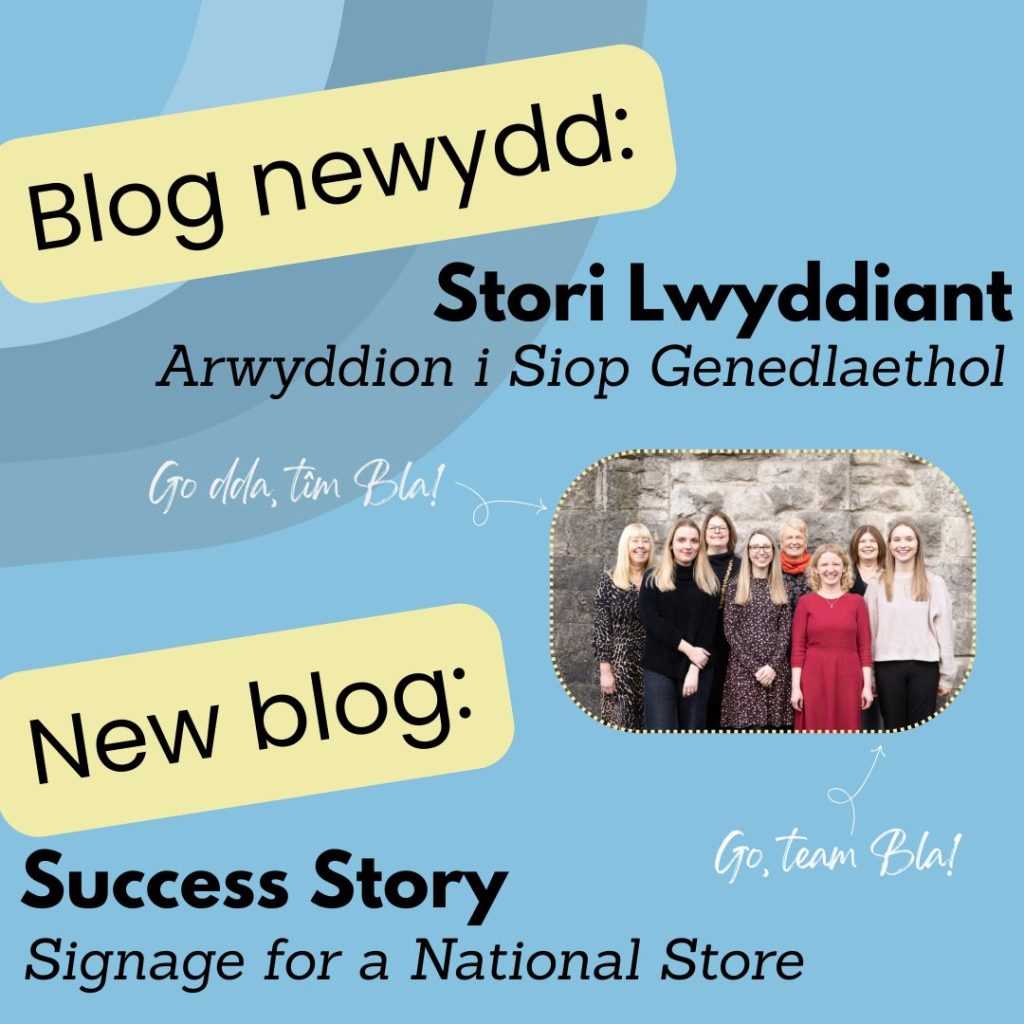At Bla, we have over 13 years’ experience of serving our valued clients with expert Welsh translation services. Over the years, we have had the privilege of serving returning clients as well as welcoming new ones. One thing all of them have in common is the questions they ask regarding Bla’s services. Therefore, it is our pleasure to outline below a few frequently asked questions:
1) What services do you offer?
Our team specialises in document translation, editing, and proofreading. Due to our varied client base, we are familiar with a whole range of subjects, from Engineering to Education, Climate Change to Current Affairs and everything in-between. We are comfortable with providing short and catchy translations for those attention-grabbing marketing materials as well as hefty, technical reports. Discuss your requirements with our Business Unit so that our translation team can achieve the best outcome for you and your goals.
2) What qualifications do your linguistic staff hold?
We have 8 qualified Translators and 1 Trainee Translator here at Bla, as well as access to a pool of around 20 qualified Freelance Translators who have all been approved to work with us by our Director. Our qualified in-house team hold relevant degree-level qualifications (and post-graduate qualifications in some cases). Our Trainee Translator is currently undergoing a tailored training programme under the supervision of our Translation Manager – Quality and Director, which also involves an element of expert training by external providers. For more information about our experienced staff, please see our About page.
3) What are your prices?
Our fees vary depending on the service you require and are very much in line with the translation industry. Usually, translation services are priced based on wordcount. You’re more than welcome to fill in a contact form here outlining your requirements and we’ll get back to you within 24 hours.
4) What are your return times?
We provide a return time based on various factors: your requirements, the document’s complexity, our capacity in terms of resources, therefore our return times vary. We will always communicate the expected return time with you before beginning any translation task. If you have a specific return date in mind, please feel free to inform us with your enquiry. We value honest communication with our clients and, therefore, we will never make any promises that we cannot keep.
5) Do you use AI?
We do not use AI in our line of work. Rather, we use a TM Software which is a translation ‘memory’ our human Translators feed into and maintain regularly. Our TM of choice is MemoQ – a reputable and widely used software package. Using a TM has many advantages; improves consistency across documents, speeds up the translation process, facilitates collaboration within our team which, ultimately, improves the service we offer to our clients.
6) What other languages can you translate?
In 2023, we established Bla2, which is our International Languages Unit. This means that organisations can turn to us with all of their translation needs, streamlining their supply chain and benefitting from Bla’s famous top-class customer service. Apart from the Welsh language, we specialise in Arabic, Urdu, Romanian, Polish and French, however we can undertake translation projects in a whole host of other languages beyond these. Head over to our Bla2 page to learn more.
If we haven’t quite covered your questions above, then you’re urged to reach out to us by submitting a contact us form here and one of our team members will respond promptly.










